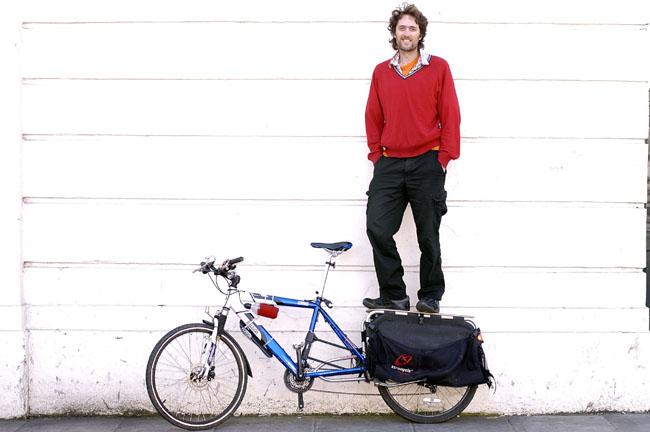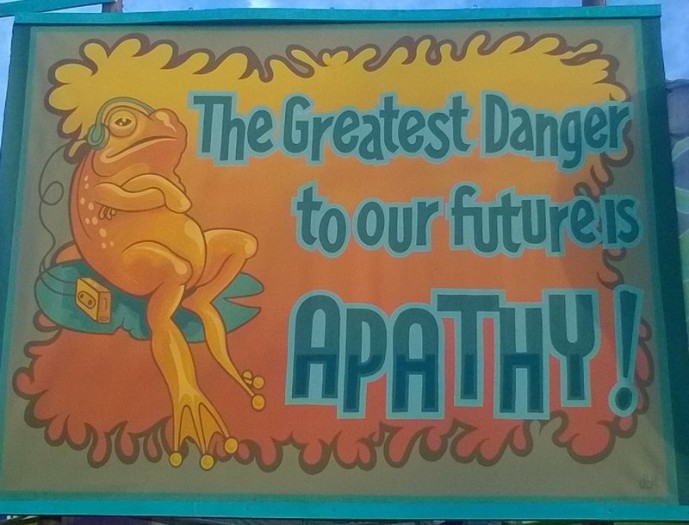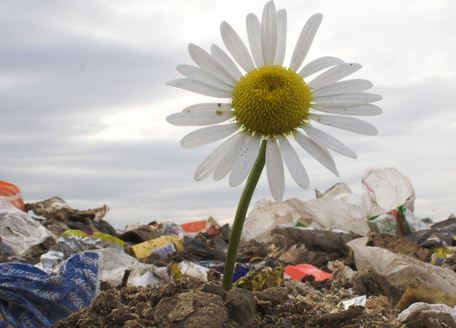As part of June’s theme on travel – one of our fab volunteers, Ella Tarlton – shares her first impression of the Big Lemon and reminds us of how great it is.
It’s freshers week 2011; a rainy, windy evening on Sussex campus. All around me, fellow new students are huddled under a bus shelter, crammed in like sardines to avoid the lashing rain. Some are teetering in high heels, others sporting a more casual look, but all of us are ready to paint the town red and enjoy the vibrant nightlife of Brighton for the first time. A Brighton and Hove bus swings into the bus stop. Some people jump on, but an large number of the students stay put. They’re waiting for another bus, even though there was plenty of room on the last one. I look around, puzzled, and notice to my surprise that all those left behind are clutching golden lemons in their hands. I ask a boy stood next to me what the hell is going on. “Don’t you know? Everyone is waiting for The Big Lemon bus. All week you can get free travel if you have a lemon! Here you go,” he says, handing me a lemon with a grin, “I’ve got a spare. Pretty cool, right?”
This is how I remember The Big Lemon. It was little quirks like the freshers week lemon deal that made us fall in love with the service. Run on recycled waste cooking oil from local restaurants, (which releases far less CO2 into the atmosphere than fossil fuels,) The Big Lemon bus is a much loved symbol of our green, forward-thinking City. Yes, we moaned about the smell of chip fat being left in our hair, but the service was popular amongst students and Brightonians alike, providing an alternative, cheap, and Eco-friendly way to get from A to B. So what on earth went wrong? Why did Big Lemon buses seem to disappear off the radar, and how did they manage to regain their rightful place on the streets of Brighton?
It all began in spring 2011 when, after 4 years of service, the company was almost squeezed out of Brighton through the use of predatory pricing policies. Brighton and Hove buses reduced the price of a day saver by 32% on the routes that competed with The Big Lemon, whilst all other fares throughout the city remained unchanged. Though Brighton and Hove buses maintained that this was “coincidental”, sales dropped significantly for their competitor. As a result, Brighton’s traffic commissioner decided to cancel route 42 in February, which was a huge blow to The Big Lemon. Suddenly, the future of the company looked extremely uncertain. I for one remember noticing, with a tinge of sadness, far less yellow buses pass me by. However, thanks to a relentless “Save The Big Lemon” campaign, there was new hope for the company. A petition to the council for fair treatment from other bus companies received over 2000 signatures and there was bountiful press coverage from local newspapers, BBC radio and The Guardian. Local fundraising events, such as LemonAID helped to recuperate funds, and there was much support from the Sussex Student Union.
Thankfully, the hard work paid off. The campaign drew so much support that the service was saved, despite losing many routes. The Big Lemon now operates a shuttle linking Brighton and Sussex campuses with town, as well as Route 52, which runs between Woodingdean and the Old Steine via Ovingdean, Brighton Marina and the Royal Sussex County Hospital. Three journeys a day also serve Brighton Station. Most revenue, however, comes from festival coaches and private hire. Despite the challenges the Big Lemon has faced since those rainy days in 2011, the company has proven to be resilient, giving new life to the old phrase “if life throws you lemons..” This year, alongside many others, I will be travelling to Glastonbury on a Big Lemon bus. If you haven’t sorted out your travel to the festival, you happen to need private coach hire, or you need to get between Woodingdean and the Old Steine, I suggest you consider this wonderful company. After all, the future’s bright, the futures yellow…





